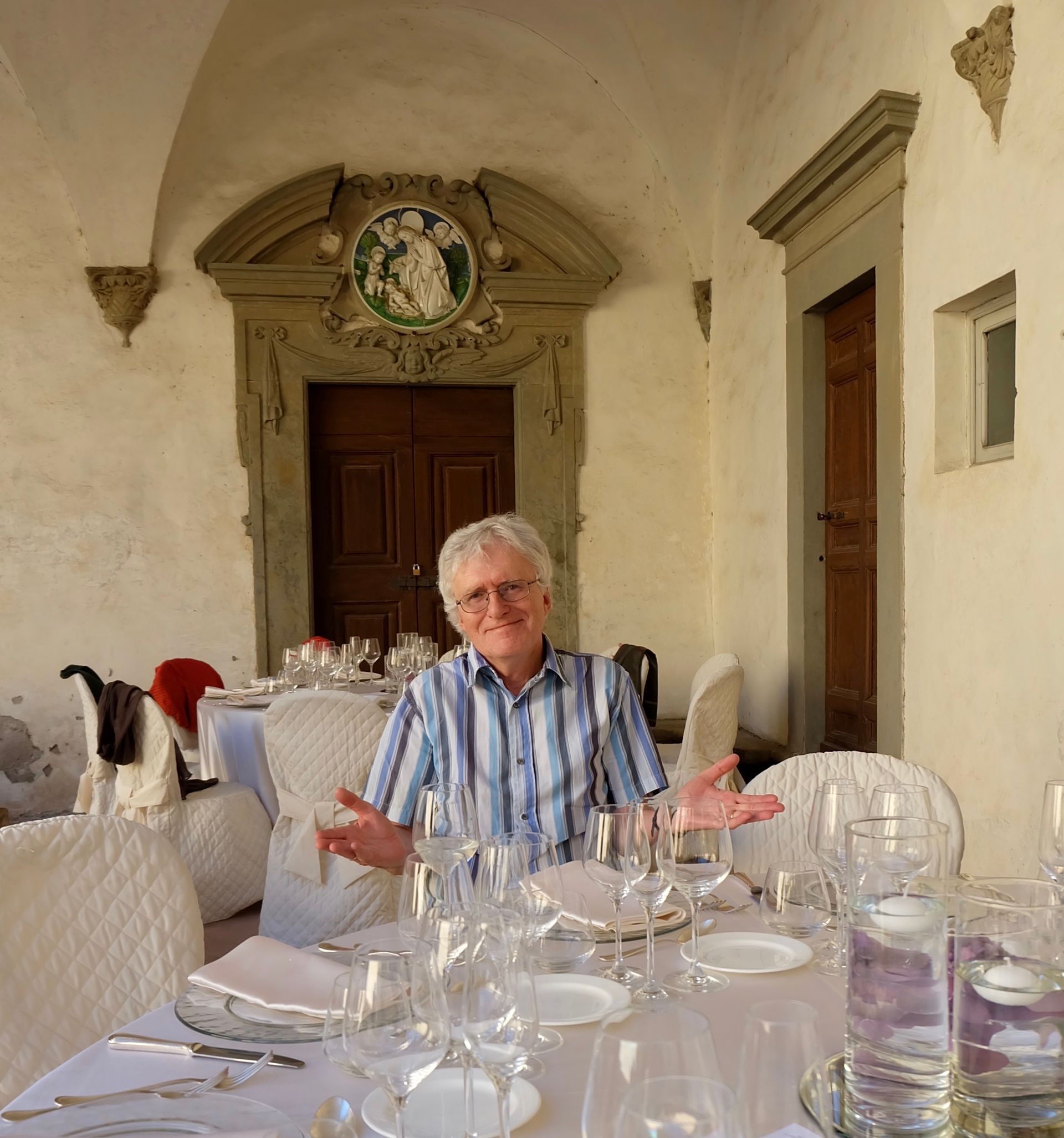Parents, children and responsibility in Italy
Angela Biscaldi University of Milan
“la mamma mi sgrida soprattutto quando lei parla al telefono e io continuo a chiamarla” (bambino di 5 anni)
How do Italians understand their role as parents? What kinds of values do they seek to inculcate in their children? I devised a research project to try to address these questions, making the concept of ‘parental responsibility’ my key focus. I wanted to explore how important the term was to parents today and how far they tried to make their children aware of their own responsibilities (and what kind they were). I used the town of Cremona as a case-study, interviewing kindergarten teachers and parents with children under six years old, and analysing more than a thousand drawings by young children of family life situations.
My main conclusion is that the notions of individual and social responsibility have largely disappeared from the explicit vocabulary used to educate children, despite the fact that for my generation, growing up in the 1970s, the call for responsibility was largely diffused in both formal and informal contexts. Nowadays, parents and educators are either unfamiliar or uncomfortable with the term “responsibility”. They believe it is not an appropriate term to try to teach children (“una parola troppo grossa”, “un’affermazione pesante”); they prefer to see their educational role in terms of instilling competence and skills, encouraging profitable performance and well-being.
Indeed competence is almost seen as in opposition to responsibility, indicating a strong preference for individual advantage rather than collective orientation. As this mother (age 42, university education, white-collar worker, Catholic, separated, with three children aged 13, 11 and 5) responds to a question about whether her youngest child could be called ‘responsible’:
oddio responsabile mi sembra una cosa un po’ grande… autonomo… questo sì… autonomo, abbastanza indipendente… le sue cose le fa… poi sì… cioè un bambino di cinque anni può essere responsabile? Le chiedo… non so (tono risentito) …io credo che sia un’affermazione molto pesante questa… io non penso che un bambino di cinque anni può essere responsabile, può essere competente, non responsabile
Children are required to learn, to expand their range of experience and, if possible, to be happy; they are not directed towards the importance of answering for their own actions and the consequences of those actions in social contexts nor are they taught firmly to respect the rules of the community .
In my forthcoming book on the topic ( Etnografia della responsabilità educativa , Archetipo, Bologna, 2013), I analyse the disconnection between competence and responsibility in the Italian process of primary socialization and education and point out the effects of this split in social interaction.
“ho disegnato quando gioco con il papà sul lettone e sotto c’è il computer: il papà lo tiene sempre lì” (bambino di 5 anni)
For example, it is particularly interesting to note how the stories of parents and educators underline how important it is to teach children to be able to defend themselves or to excel (“imparare a ridargliele”; “essere furbi”; “arrivare primi”, “vincere”) rather than to promote empathy and demand the respect of community rules. Moreover, educators find it difficult to hold someone responsible for events taking place in a kindergarten classroom like biting or beating and they use an inappropriate language: the children are not responsible (“troppo piccoli”); their parents cannot be held responsible (“non possiamo certo dare la colpa di quello che fanno i piccoli ai loro genitori”), but, surprisingly , even educators do not consider themselves as responsible (“non sono certo io ad avergli insegnato queste cose”). What if the diffusion of the notion of everybody’s and nobody’s responsibility, so typical of contemporary Italian society, deriving from this very early stage of socialization, establishes a social and emotional path from which it is very difficult subsequently to deviate?










